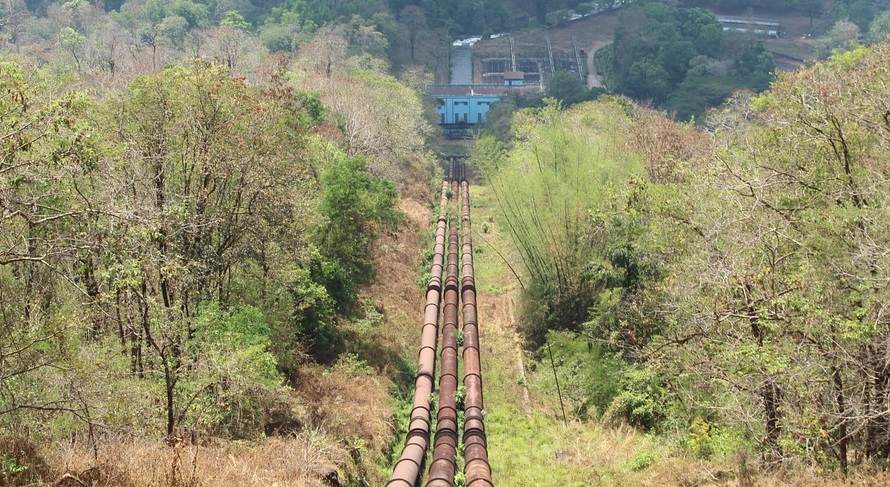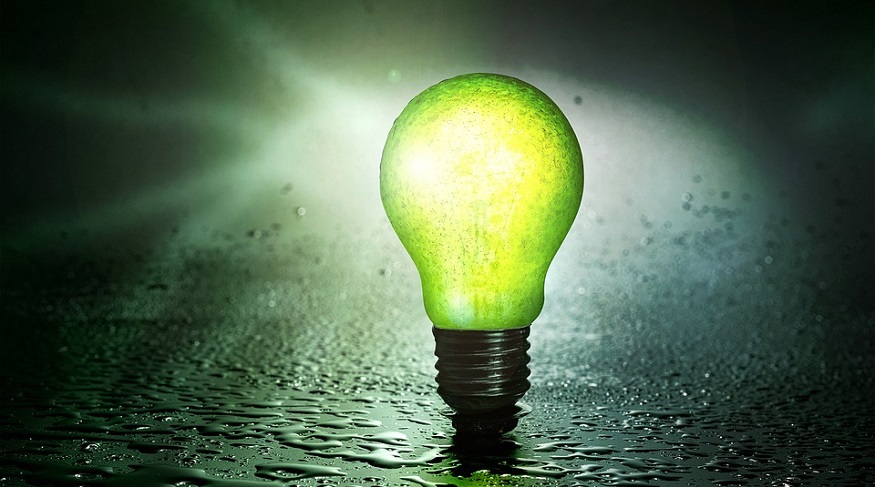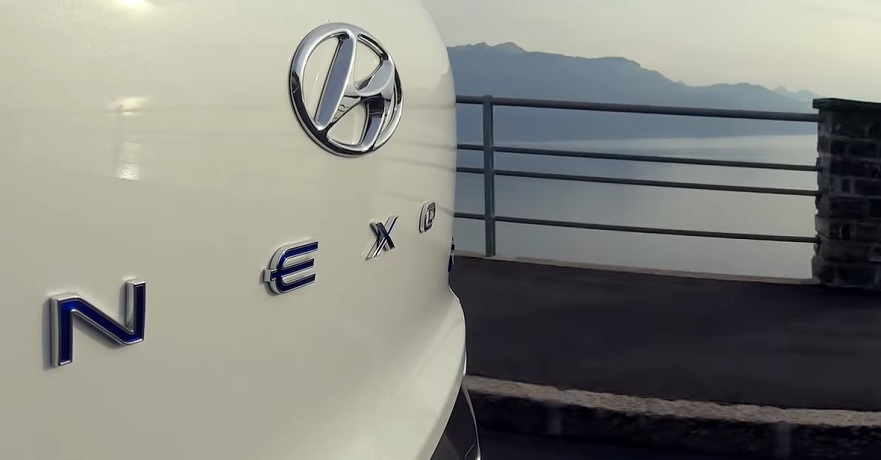
Power-to-gas industry in Germany to experience massive boost in the next five years
December 5, 2019The goal of the nation’s gas industry is to build P2G capacity of 5GW by 2025.
The German gas industry is aiming to develop zero-carbon fuels for homes, vehicles and factories and plans to work toward achieving this goal by boosting the nation’s power-to-gas (P2G) capacity to five gigawatts (GW) over the next five years. By 2050, the industry plans to bring P2G capacity to 40 GW, according to industry group DVGW.
The 5 GW-sized P2G project is about equal to five nuclear power stations.
Power-to-gas is a technology that converts electrical power to gas fuel. Presently, Germany has about 40 small P2G pilot projects. This technology uses surplus renewable power, mostly from wind, to split water into oxygen and hydrogen via electrolysis to generate carbon-free fuel.
Germany’s gas industry’s goal is to help decarbonize the nation’s fossil fuel-based gas system by using hydrogen derived from water and biogas from waste and crops.
Currently, the largest P2G project measures about 6 MW, Reuters reports. This is about equal to an estimated 60 car engines. In comparison, the 5 GW goal that has been planned over the next five years is about equal to an estimated five nuclear power stations.
Power-to-gas could help Germany reach its climate targets.
Thomas Huewener, DVGW deputy president and board member at Open Grid Europe (OGE), says that the most effective contribution to reach climate targets is to ready future energies like hydrogen and green gas to be utilized in heating, mobility and industry. DVGW is German’s largest gas pipeline operator.
Huewener says that change will occur when there is an ongoing expansion of renewable electricity, greater energy efficiency and discovering new green methods to use for gas storage facilities and pipelines.
According to pipeline operators, the gas pipeline network should be able to function without requiring major modification if 10% of its fuel is made up of hydrogen, and only some modification if the amount of hydrogen was boosted to 20%. Presently, less than 2% of hydrogen is used.
The nation’s gas industry believes that adding more hydrogen to the pipeline will allow for home heating, industrial processes and heavy goods transport to become cleaner at a faster and cheaper rate compared to electrifying heat pumps or using battery-powered vehicles.
While future power-to-gas projects could prove very promising in helping Germany decarbonize, for the time being, natural gas is expected to continue playing a transitioning role as Germany moves away from coal and nuclear  energy. While not carbon neutral, natural gas emits only half the amount of carbon emissions that result from coal burning.
energy. While not carbon neutral, natural gas emits only half the amount of carbon emissions that result from coal burning.



 With over 15 years of reporting hydrogen news, we are your premier source for the latest updates and insights in hydrogen and renewable energy.
With over 15 years of reporting hydrogen news, we are your premier source for the latest updates and insights in hydrogen and renewable energy.
This is phenomenal. DVGW is bucking the omerta and actually talking about P2G in an open forum. In the USA there is a “Cone of Silence” that descends on any discussion, primarily because the gas utilities lose sales and our electrical utilities lose wheeling revenues as well as Capital Money revenues because P2G is cheaper to implement than the ludicrous “Utility Batteries” they are so fond of. All of the installed batteries in California would carry the grid for a total of about 10-15 minutes on a summer day. P2G allows Renewable Energy producers to carry 10-15% of system load with only an investment in electrolyzers and some associated metering. P2G is the ONLY way we’ll get to a low CO2 energy supply unless we go massively nuclear. Best of luck to DVWG getting buy in from the present entrenched energy interests. Hopefully this article will find its way to every elected US representative we have. So far my responses from them have been nil. The energy folks have very good lobbyists – just too bad for the Public that has to live with the consequences of that. Good on you, DVGW!!
This is awesome, hear the resounding silence. The topic of P2G in the USA is like talking about coal slurry transport pipelines – great tech that disrupts the status quo and nobody in industry will talk about it openly. My old power plant used coal slurry piped from Kayenta Arizona 275 miles in 18″ 600 psi line designed with slide rules by REAL engineers back in 1968 to Laughlin Nevada. China has over 900 miles of coal slurry transport lines today because they are cheaper than building & maintaining railroads. Unlike most Eastern coal plants delivering fuel by rail, my power plant had no Islanding concerns at all, ever. We broke-even at a bit under 2 cents per KWH in a 12 cent per KWH market. The Energy Industry uses the “Fight Club” model for any P2G discussion: “The first rule of P2G is we don’t talk about P2G ….”